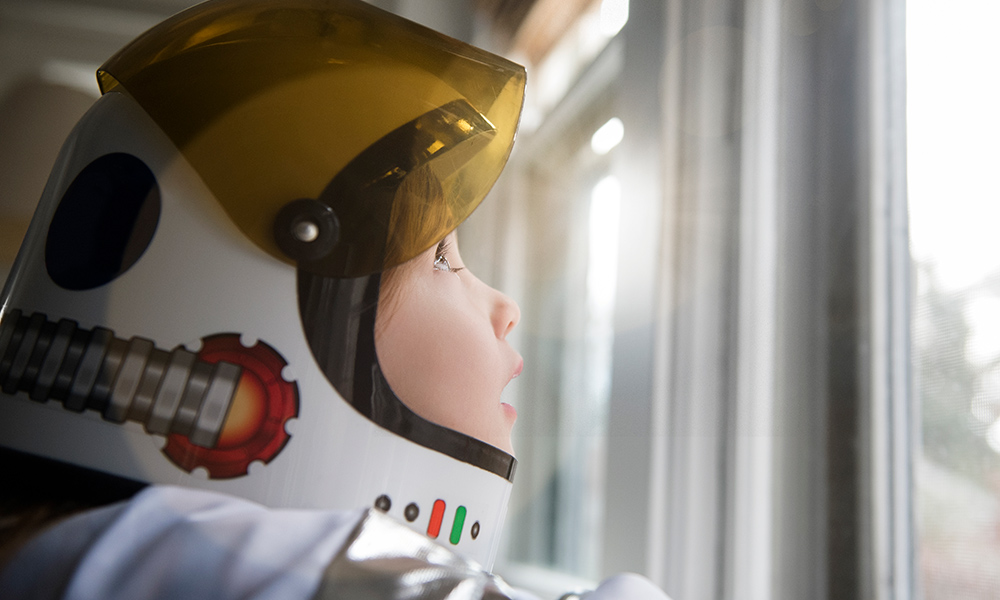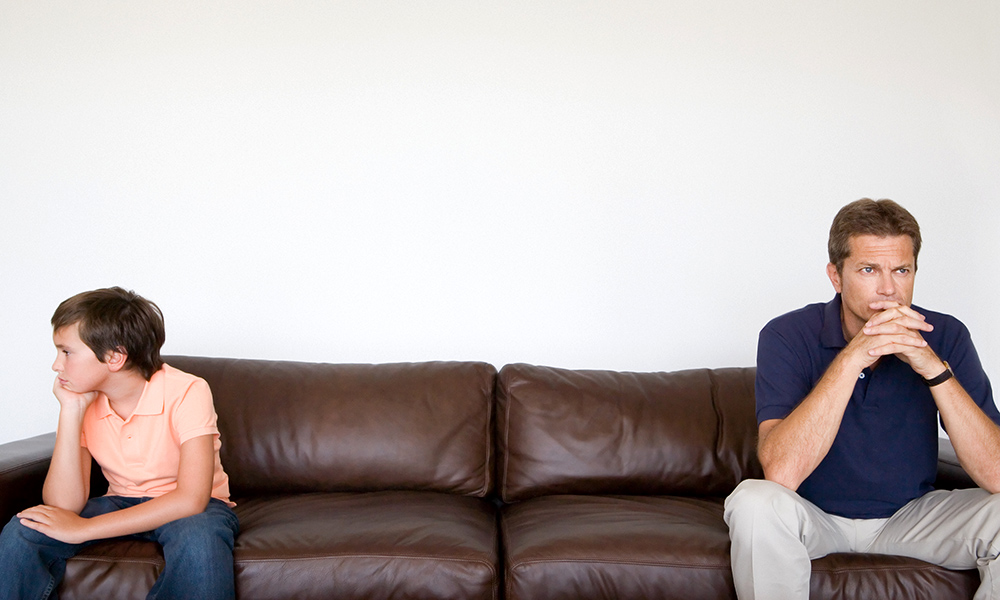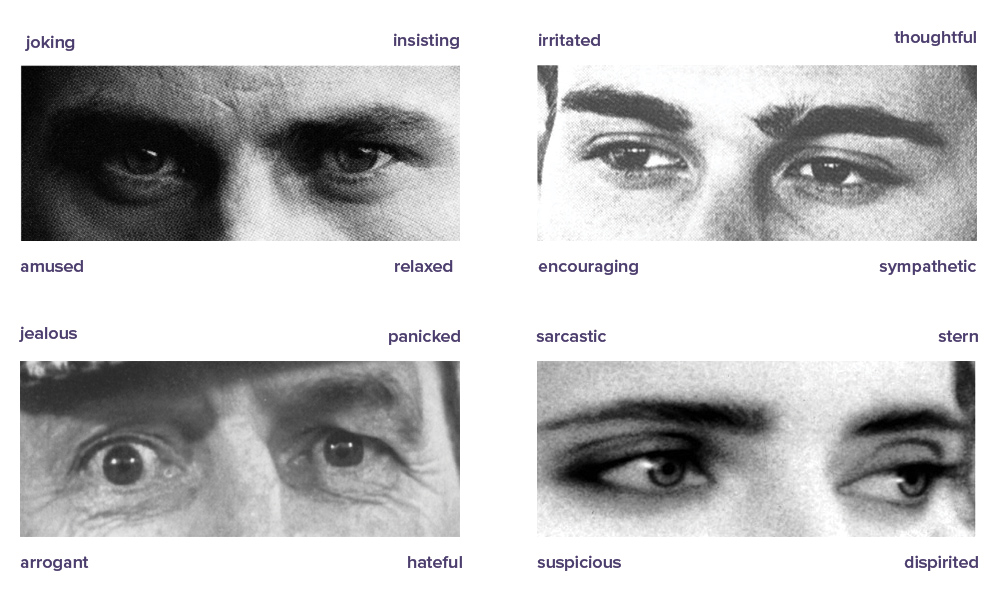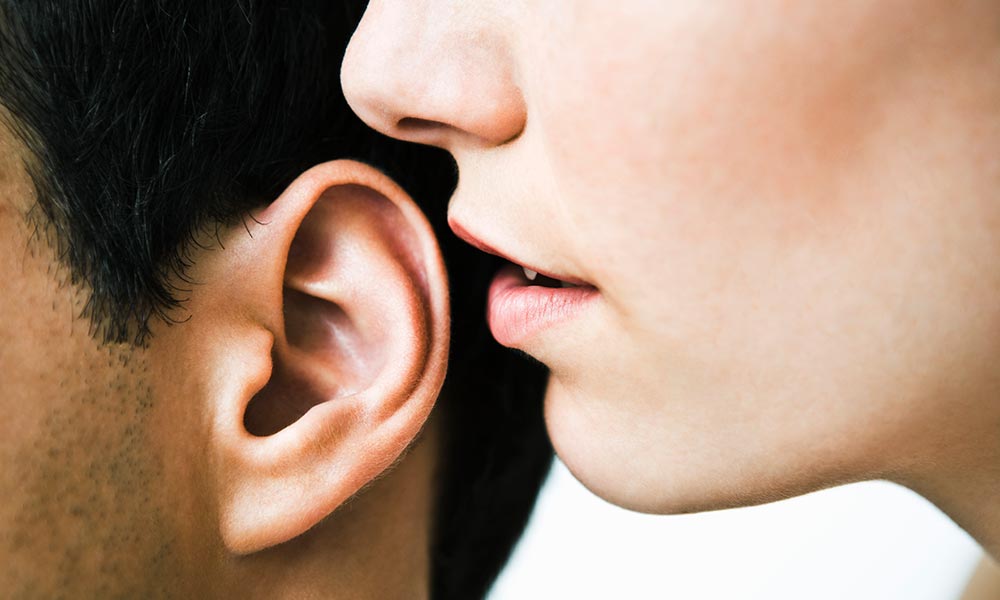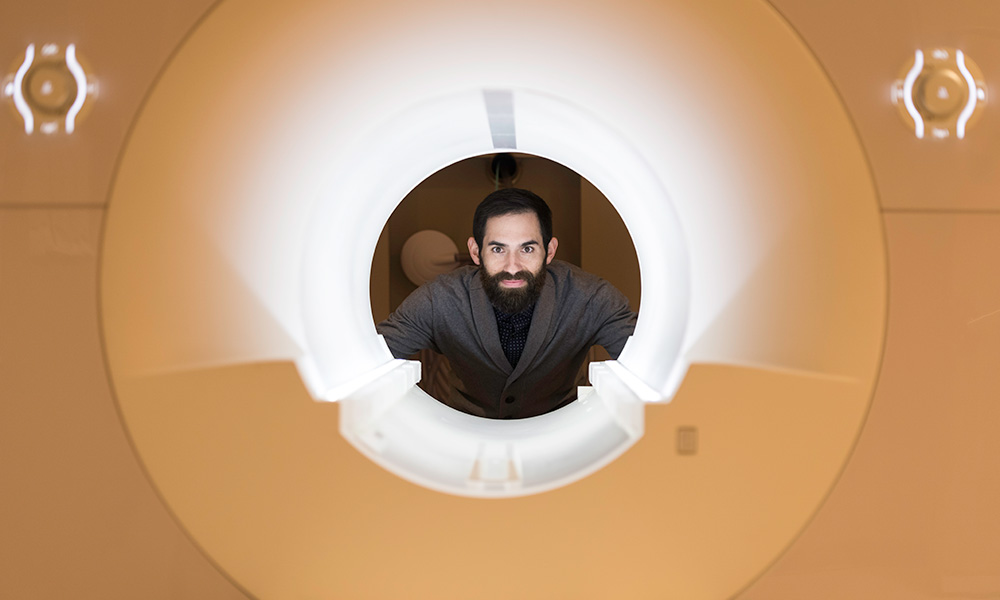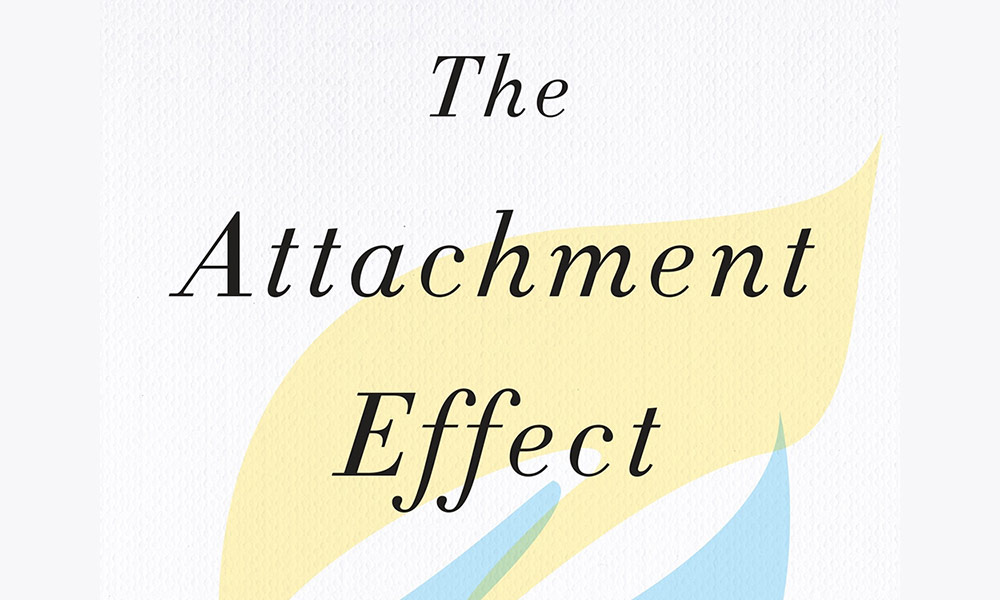
Science & Technology
Genetically modified food: Would you eat it if you understood the science behind it?
May 24, 2019
The short answer is “yes,” according a new study from researchers in Rochester, Amsterdam and Wales, who set out to discover whether more information about genetically modified foods could change consumers’ attitudes.


